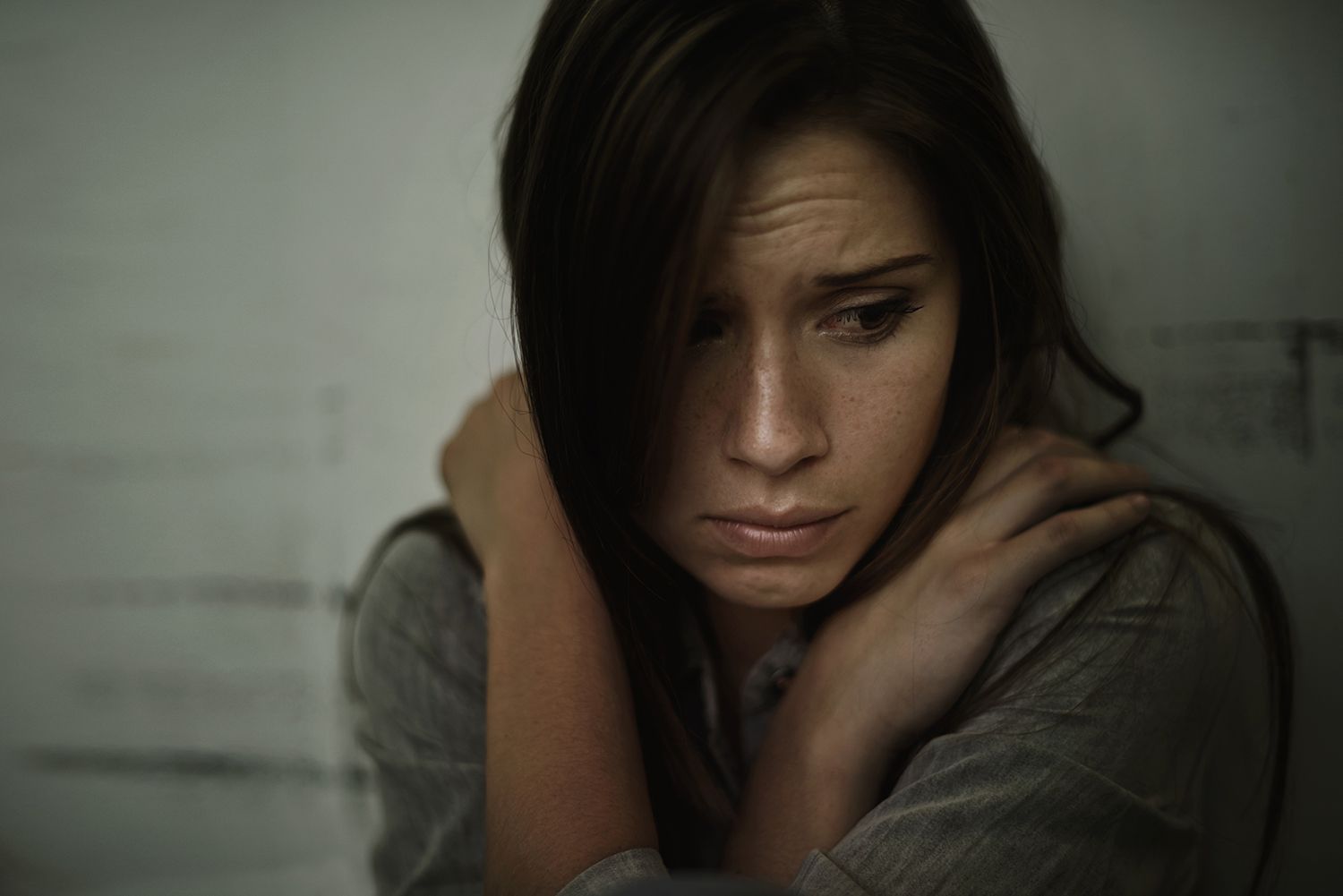Fear of death, or thanatophobia, is a common and multifaceted experience that affects many individuals across different cultures and ages. This fear can be influenced by a variety of psychological, philosophical, and cultural factors. Understanding the reasons behind this fear can help in addressing it and alleviating the distress associated with it.
Psychological Factors
1. Fear of the Unknown:
One of the primary psychological factors contributing to the fear of death is the fear of the unknown. Death represents a complete cessation of conscious experience, and this uncertainty about what happens after death can be unsettling. The absence of empirical knowledge about the afterlife creates anxiety and fear, as people struggle with the idea of non-existence and the unknown nature of what follows.
2. Existential Angst:
Existential angst, a term coined by existential philosophers, refers to the deep-seated anxiety related to the inherent meaninglessness of life and the inevitability of death. This existential fear arises from the contemplation of one’s mortality and the potential insignificance of one’s actions and achievements in the grand scheme of existence. It challenges individuals to confront the purpose and value of their lives.
3. Fear of Loss:
The fear of death is often intertwined with the fear of losing one’s identity, relationships, and achievements. Individuals may worry about the impact their death will have on their loved ones and how their absence will affect their personal and professional legacies. This fear can also stem from the anticipated suffering and grief that might be experienced by those left behind.
4. Psychological Distress:
Individuals with mental health conditions such as anxiety disorders, depression, or obsessive-compulsive disorder may experience heightened fear of death. The distress associated with these conditions can amplify existential fears and exacerbate concerns about mortality. For some, the fear of death becomes a central focus of their psychological struggles.
Philosophical and Theological Perspectives
1. Theological Beliefs:
Religious and spiritual beliefs play a significant role in shaping an individual’s fear of death. Different religions offer various explanations about the afterlife, reincarnation, or the nature of existence beyond death. For those who adhere to religious doctrines that promise an afterlife or reincarnation, the fear of death might be less pronounced. Conversely, those who lack such beliefs may experience greater anxiety about the finality of death.
2. Philosophical Views:
Philosophers have long debated the nature of death and its implications for human existence. Existential philosophers such as Jean-Paul Sartre and Martin Heidegger have explored the concept of death as an intrinsic part of human experience that defines and shapes our existence. Heidegger, for instance, argued that an authentic understanding of death can lead to a more meaningful and purposeful life. The philosophical contemplation of death can either mitigate or intensify fear, depending on how individuals integrate these ideas into their worldview.
Cultural Influences
1. Cultural Attitudes:
Cultural attitudes towards death vary significantly across societies. In some cultures, death is viewed as a natural transition or a part of a cyclical process, and rituals and practices surrounding death are deeply ingrained in societal norms. Such cultures may experience less fear of death due to their acceptance and celebration of the end of life as a continuation of existence in another form.
2. Media and Society:
The portrayal of death in media and popular culture can also influence fear. Depictions of death as violent, sudden, or tragic can reinforce negative associations and fears. Additionally, the increasing emphasis on youth and beauty in modern societies can heighten fears of aging and mortality, as these cultural ideals often equate physical decline with personal failure or loss.
3. Medical and Technological Advances:
Advancements in medical science and technology have changed the way people approach death and dying. On one hand, improved healthcare and life-extending treatments can provide a sense of security and control over one’s health, potentially reducing fear. On the other hand, the increasing complexity of medical interventions and the uncertainty of end-of-life care can also contribute to anxiety about the dying process and its implications.
Coping Strategies
1. Mindfulness and Acceptance:
Mindfulness practices and acceptance-based therapies can help individuals confront and manage their fear of death. By focusing on the present moment and accepting the inevitability of mortality, individuals can develop a greater sense of peace and reduce anxiety. Practices such as meditation and cognitive behavioral therapy (CBT) can assist in reframing negative thoughts about death and fostering a more balanced perspective.
2. Legacy and Meaning:
Creating a sense of purpose and leaving a legacy can help alleviate fears associated with death. Engaging in meaningful activities, building strong relationships, and contributing to causes greater than oneself can provide a sense of fulfillment and mitigate concerns about one’s impact and legacy. Developing a sense of meaning and accomplishment can help individuals face mortality with greater resilience.
3. Support Systems:
Seeking support from mental health professionals, support groups, or spiritual advisors can be beneficial in addressing the fear of death. Professional guidance can help individuals explore and process their fears, while support systems can provide comfort and understanding. Open discussions about death and mortality can also help normalize these experiences and reduce isolation.
4. Education and Awareness:
Increasing awareness and education about death and dying can help demystify the process and reduce fear. Understanding the natural aspects of dying, the range of end-of-life options, and the experiences of others who have faced death can provide valuable insights and alleviate some of the anxieties associated with mortality.
In conclusion, the fear of death is a complex and multifaceted phenomenon influenced by psychological, philosophical, cultural, and personal factors. By exploring these influences and adopting coping strategies, individuals can address their fears and approach the topic of death with greater understanding and acceptance.
